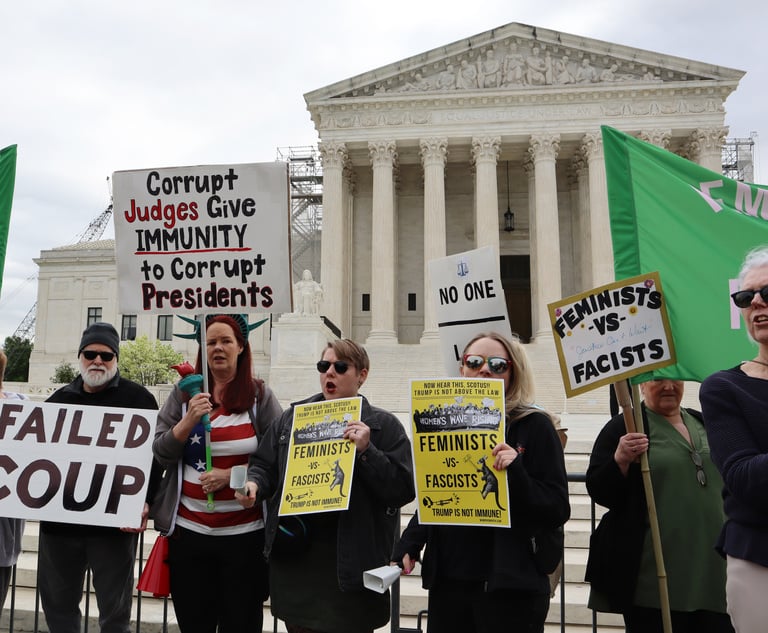On December 6, the Supreme Court heard oral argument in Gamble v. United States. Gamble calls on the court to revisit the Double Jeopardy Clause’s dual sovereignty doctrine—to determine whether the clause bars prosecution by the federal government following a state prosecution for the same offense (or visa versa). Precedent favors the government, but a betting man should not wager too heavily against Gamble.
Background
If the Supreme Court overturns the dual sovereignty doctrine in Gamble, it will not be the first time that an unsavory character is the protagonist in the development of constitutional criminal procedure law. In 2008, Terence Gamble pleaded guilty in Alabama state court to robbery for using force during a theft. He was sentenced to 10 years’ imprisonment but served nine months with the balance suspended. In 2013, he pleaded guilty to two domestic violence offenses. The first arose out of an incident in which he fired a gun when his girlfriend attempted to leave their home with their child after an argument. The second arose two months later, when he forced his way into the home of his then ex-girlfriend and attempted to assault her. He was sentenced to 180 days’ imprisonment on the two offenses, with all but 42 days suspended. In October 2014, he fired a handgun into a title-loan company with two people inside.


 Paul Shechtman
Paul Shechtman




